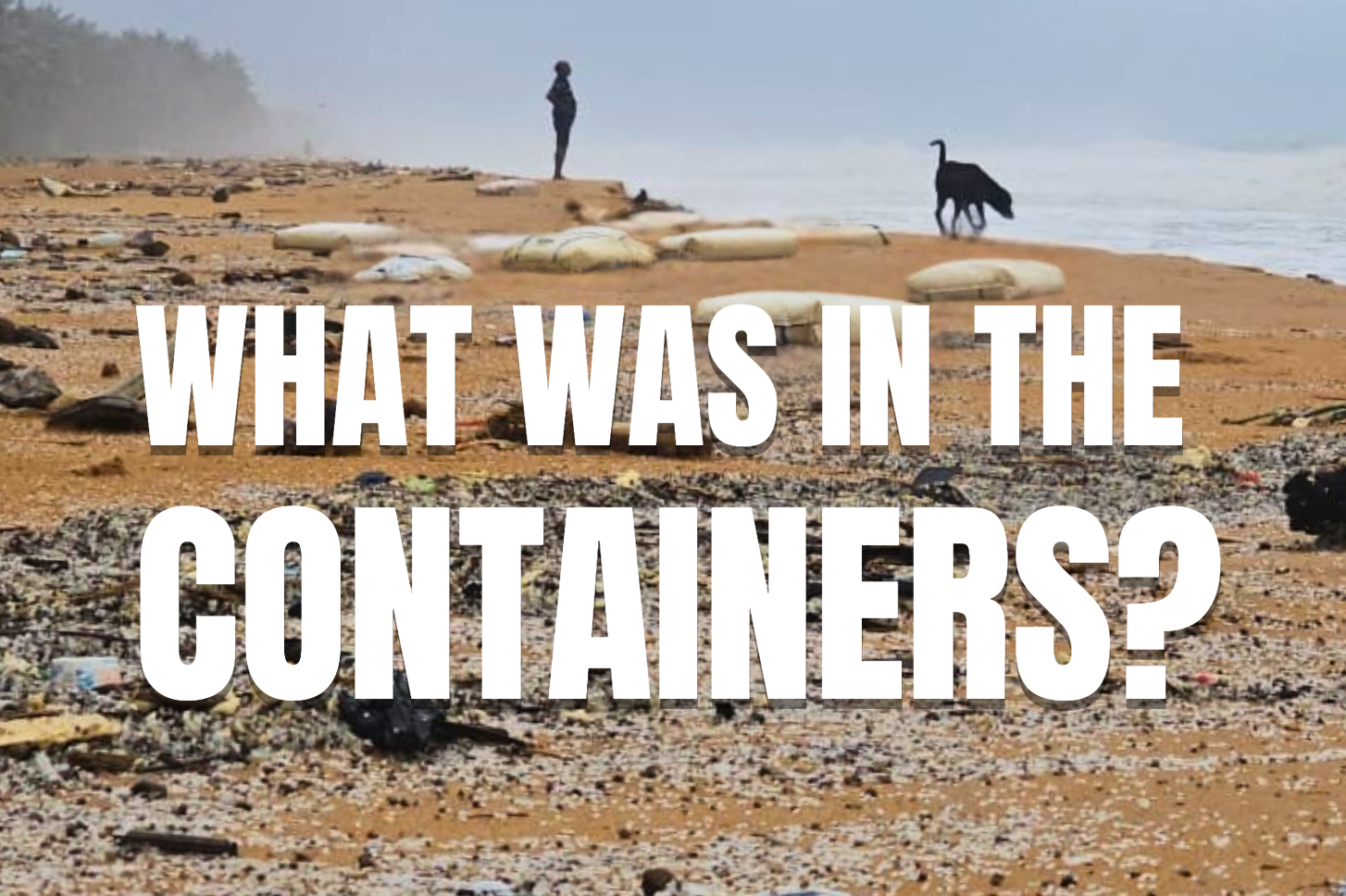Air pollution is the largest environmental risk factor for human health, causing ill health and millions of premature deaths each year worldwide. However, the negative impacts of air pollution are unequal—being far greater on low and middle-income countries and particularly skewed towards vulnerable populations. Factors that can define the vulnerability of an individual to air pollution can include exposure, socio-economic deprivation and chronic health conditions. Moreover, many communities also face inequalities in access to information about environmental and health hazards.
In this report, we investigate air pollution in 7 countries by assessing people’s access to air quality monitoring stations and the exposure to air pollution experienced by vulnerable sections of the population. The report highlights that over 99 percent of the population of countries included in this research are breathing polluted air and, in most of the countries researched, over half of the total population have no access to an air quality monitoring station within 25 kilometres. Further, vulnerable groups including infants, elderly citizens (over 65 years) and pregnant people are disproportionately affected by high pollutant concentrations and have less access to local air quality data when compared to the total population. Clean air, therefore, becomes an issue of equity and justice.




Discussion
Can renewable energy help in environment
Safe earth 🌍 Safe Life 💞 If we change, the country will change